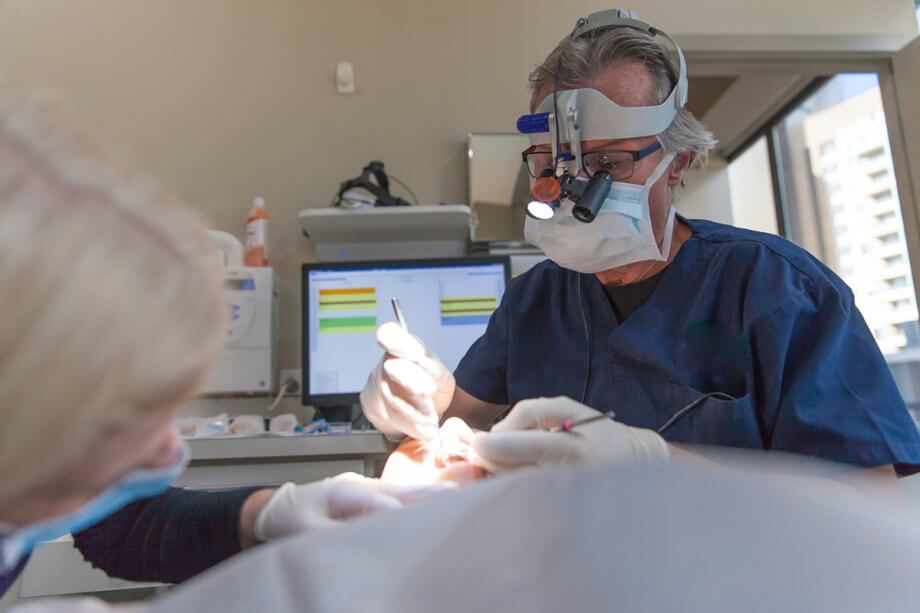From time to time, dentistry requires the extraction of a permanent tooth. Perhaps there is too much decay to perform a root canal, or trauma to the mouth has left a tooth dead. For every reason, the dentist must extract a tooth. While these procedures typically go smoothly, as well as the healing period, there can be certain serious complications. One potential complication is a dry socket.
What is a Dry Socket?
Dry socket is one potentially serious complication of having a tooth pulled (tooth extraction). The hole in the bone where the tooth used to be is known as the socket. Once a tooth is removed, a blood clot forms in that socket, protecting the bone and nerves underneath while healing.
Dry socket happens if the clot is lost or doesn't form well, exposing the bone and nerves to the air. This causes pain and delays healing.
Risk Factors for Dry Socket
Risk factors for dry socket include the following:
- Sub-optimal oral health
- A difficult tooth extraction
- Using birth control pills, which may interfere with or delay healing
- Smoke or use tobacco, which slows healing
- Don't take adequate care of your mouth after having a tooth pulled
- History of dry socket
- Drinking from a straw after the extraction, which can dislodge the clot
- Rinsing and spitting a lot after the extraction, which can also dislodge the clot
Dry Socket Symptoms
Symptoms of dry socket include the following:
- Slight fever
- An empty socket with a missing blood clot
- Intense pain 1 to 3 days after the tooth is removed
- Pain radiating from the socket to the eye, ear, neck, or temple, on the same side that the tooth was pulled
- Bad breath or a terrible smell originating from the mouth
- Bad taste in your mouth
Frequently Asked Questions About Tooth Extractions
Who Performs Dental Extractions?
A general dentist, a dentist with surgical expertise, or an oral surgeon usually performs dental extractions. You are welcome to ask your dentist what training and experience they have with tooth extractions so that you feel comfortable with the procedure.
Should I Rest After Tooth Removal?
It's best if you can restrict your activity on the day of your tooth extraction. Unfortunately, vigorous exercise can cause throbbing and increase bleeding or even disrupt the clot. If the bleeding continues, be sure to call your dentist's office right away.
Tooth Extractions at Smiles on the Upper Westside
At Smiles on the Upper Westside, we are happy to serve the UWS neighborhood of NYC. If you need a tooth extraction for any reason, we are here for you. We may even be able to suggest some alternative treatment options so you don't have to lose your tooth. However, even if you do, rest assured our dentists will treat you with compassion and respect before, during, and after your procedure.
Contact us at 212-222-5225 to schedule an appointment with our dentists and learn more about tooth extractions and other dental treatment options available to you.

